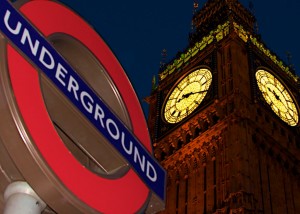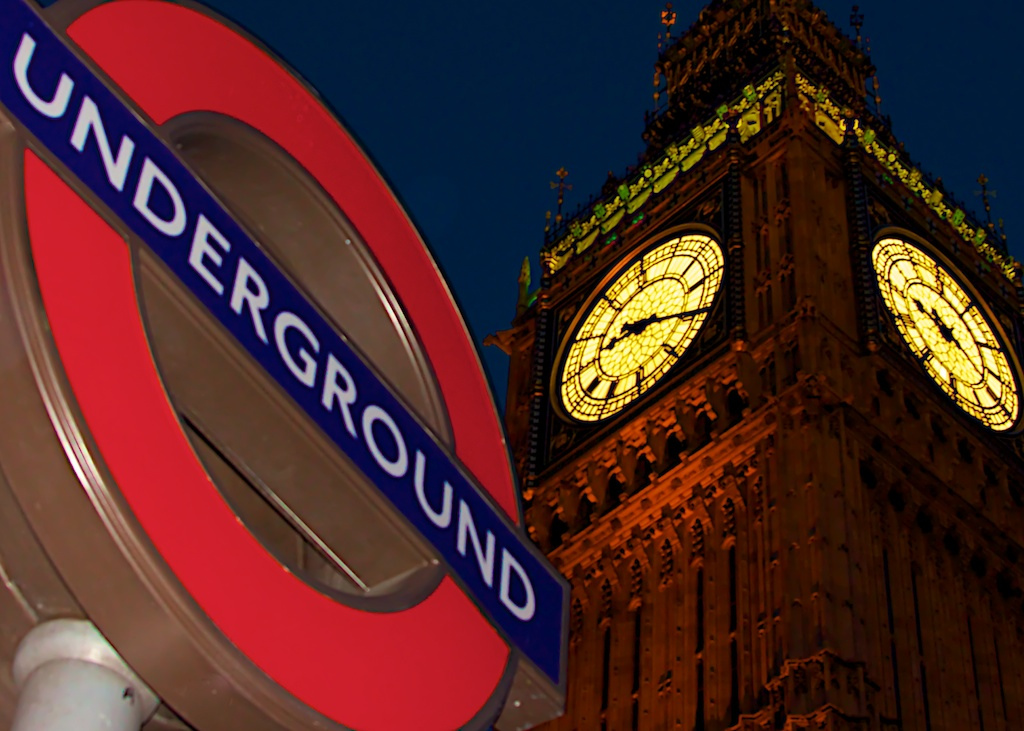If you’re going abroad, you’ll need to have some spending money to spend on those all important essentials. Most cards will charge you a percentage to use them abroad, whilst others charge a flat fee – and some even charge both! These are my top picks of the cards you’ll want in your wallet when you’re travelling overseas.
When you use a card overseas, you’ll be paying a Visa/Mastercard interbank exchange rate, rather than the tourist one. For a card with fees, you’ll probably pay a comparable rate to one at a bureau de change, but if you use one of the cards recommended in this article, you’ll get an unbeatable exchange rate.
It’s also important to note that you should never accept “Direct Currency Conversion” – this is when the foreign retailer or cash machine offers to charge you in pounds – this always has a fee, which is easily beaten by your card.
Halifax Clarity Rewards Card
This is my favourite card for foreign spending – and one that I use on a day-to-day basis for merchants that don’t accept American Express. With this card, you get both no fees for foreign purchases, as well as £5 cashback when you spend £300 a month.
Note that you will need a Halifax Rewards Current account to apply for this – but this is a great deal too. Simply pay in £1,000 a month, and you’ll get £5. You don’t even need to keep the money in the account.
You’ll need to go into branch to open this credit card, but if you just want the 0% foreign spending with no cashback, you can apply online.
Metro Bank Debit Card – now for Europe only
You should never be taking money out on your credit card, even if there is no cash withdrawal fee – you’ll be charged interest from the day you take out the cash, even if you pay off your statement balance on time – there’s no float period on cash.
The Metro Bank Debit Card is the best card to use in Europe – it won’t charge you fees for making the cash withdrawal. Just make sure to top up your account before leaving the country.
You’ll need to get to one of their branches in London to get this account, but they’ll make it up for you on the spot in the branch – useful if you’re travelling abroad soon.
Alternatively, try the Norwich & Peterborough Gold (Classic) Current Account (although, please note the funding and activity requirements) – this also offers free card usage abroad, and you can apply online. I haven’t tried this account though.
Cash
You should probably carry a bit of cash with you before you go: if you’re using Euros, there’s a euro denominated cash machine at the NatWest headquarters in Bishopsgate, which you can use your Metro bank debit card with.
Otherwise, try TravelMoneyMax to see the best exchange rates – it’s often at the Thomas Exchange Global stand in the Liverpool Street arcade.
It pays to plan ahead – you’ll get the worst rate at the airport, and you’ll get a slightly better rate at many of the bureau de changes if you book online first.
Prepaid Cards
I don’t recommend Prepaid cards – they don’t really have any advantages over a 0% debit/credit card, and there’s often a bunch of additional fees as well.
Travellers Cheques
Travellers Cheques have an advantage over cash, since they can be replaced if lost, but it’s often difficult to cash them in at your destination. Additionally, there’s a worse exchange rate than cash at the bureau de change, because the fees have to be built in.


